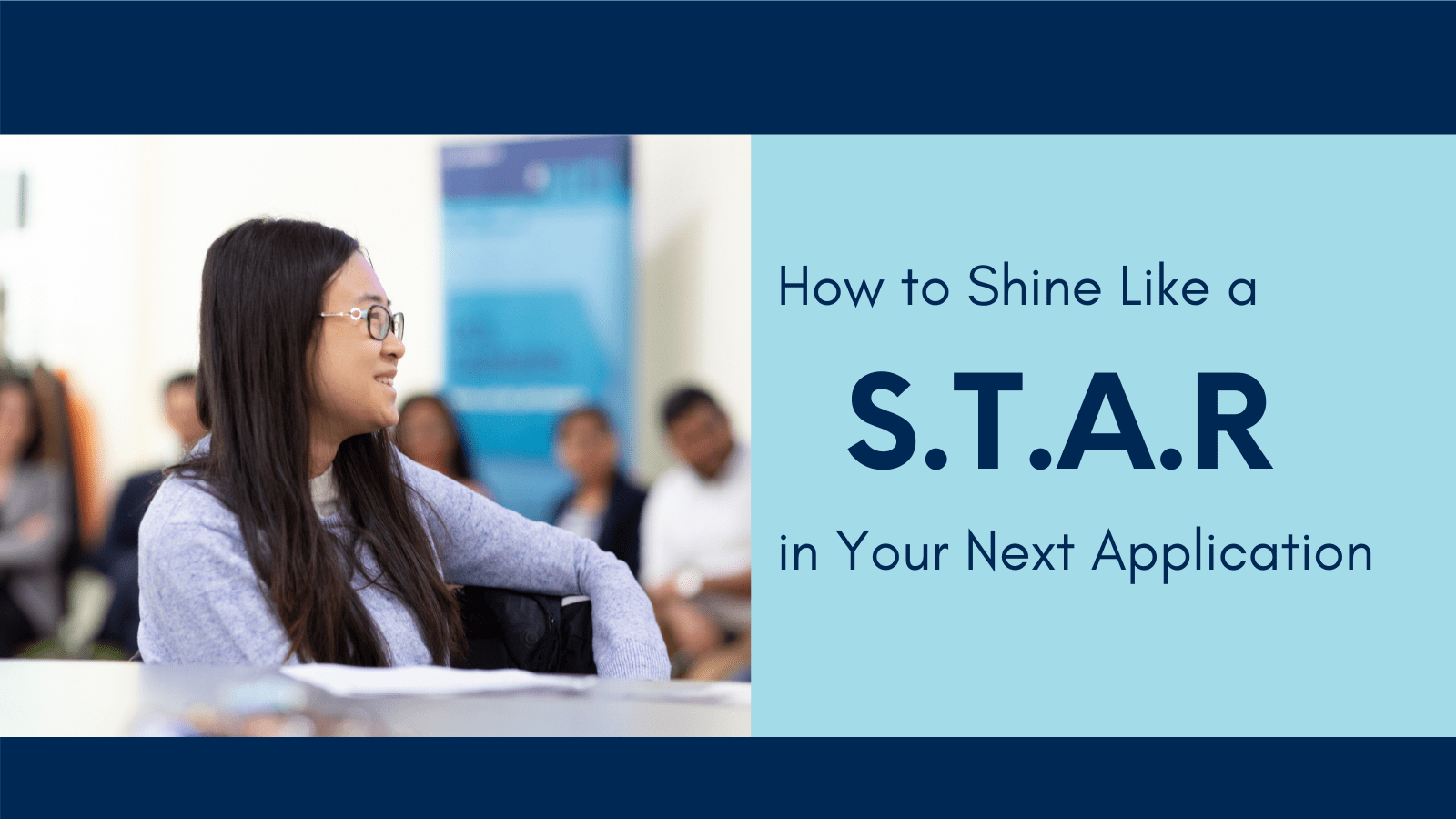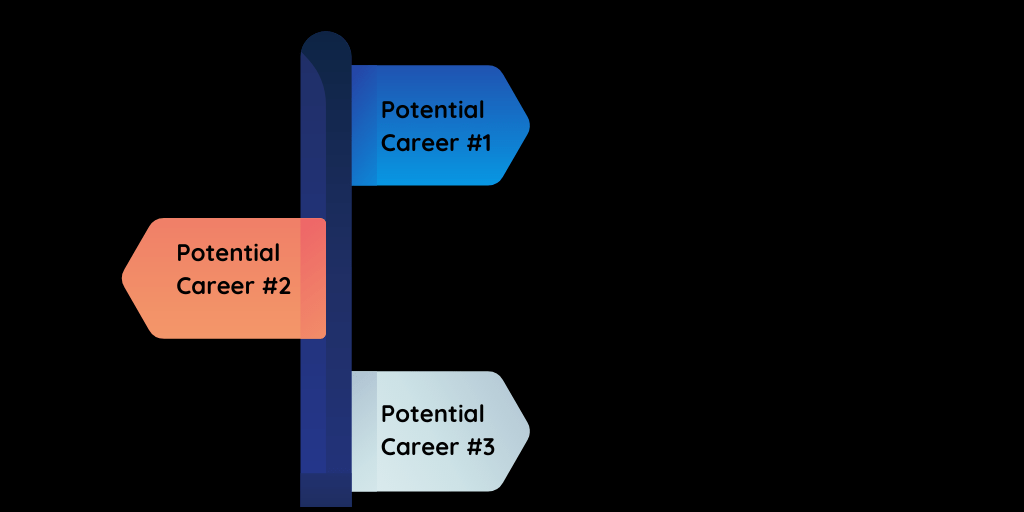Sector Insights: Market and Social Research
By skye.aitken, on 28 July 2020
Read time: 3 minutes
Written by Susanne Stoddart, Recruitment and Selection Advice Manager at UCL Careers
What is market and social research?
Market and social research is an incredibly broad and wide-ranging sector that is primarily concerned with using research as a tool to support decision making. The research could pretty much be about anything – from informing decisions about brand packaging to decisions affecting government policy.
The quantitative and qualitative methods that are used in the research are again extremely varied – for example, researching using the internet, analysis of data from consumer wearables, taste testing, focus groups and large-scale international telephone surveys. Social researchers use many of the same skills and methods as market researchers but their concern is always with improving the performance of the public sector through influencing national policy or policy at a local level.
The majority of market researchers work within a research agency. Some large research agencies within the private sector, such as Ipsos MORI and Kantar Public UK, also have specialist social research departments. However, other key employers of social researchers include central government departments, local authorities, higher education research institutions, social research agencies such as NatCen, charities, pressure and lobby groups and trade unions.
For further introductory insights into the market and social research sector, I would recommend this Career Guide put together by the Market Research Society.
Meet David Ireland, Research Manager at Ipsos MORI
I recently contacted David Ireland on LinkedIn to find out about his experience as a Research Manager at Ipsos MORI, and his route into the market and social research sector. David completed his MSc in Security Studies at UCL in 2015 and he told me that he enjoys a career that draws upon his academic training, allowing him to use his research skills to impact business.
David also kindly answered my following questions:
Did you do anything during your time at UCL or after you finished your degree that helped prepare you for your current job?
Whilst at UCL, research methods modules were key. Alongside that, work experience was key. Not just internships – some of the most useful lessons were from when I worked in a running shop as it really built my presentation and communication skills.
What are the key skills that you use in your current job?
Juggling multiple tasks and projects isn’t to be underestimated! Analysis with a curious eye – thinking about what research means and what should be done off the back of it. Presentation skills and communicating – I do quite a lot of presenting and talking and that’s super important. Other things include writing, data visualisation, delegating (up and down).
What does a typical day at work looks like for you? What do you find most enjoyable and most challenging?
A typical day starts between 9 and 9.30am. I catch up on emails and plan the day based on what’s going on. I typically spend time working on projects (PowerPoint reports are the norm), talking to other internal teams and having client meetings. Normally I have a client meeting once a week but that ebbs and flows (some weeks none, other weeks multiple). Most enjoyable is delivering something that is really good with powerful messages that has impact, whether a presentation or a report. Most challenging can be juggling multiple projects as there’s often a lot going on.
What would be your top piece of advice for current students interested in a career in research?
My advice would be to not just think of yourself as a researcher – especially if you’re interested in going into more of a commercial research role. Think about how research can impact business.
Next Steps to Building your Network
Despite the impact of Covid-19 and the current lack of in-person networking opportunities, here are some tips on how you can continue to build your connections and explore a career within the market and social research sector:
- Whenever I reach out to UCL alumni like David and they respond with enthusiasm to help and fantastic advice, it’s a reminder of what great value and a source of support they can be to current students and recent graduates. So, if you’re interested in finding out more about a career in market and social research, reaching out to UCL alumni on platforms such as LinkedIn or UCL’s Alumni Online Community is a really great way to do this and to start building your network. Sometimes you might not hear back but hopefully sometimes you will – and it’s worth it!
- You can find out more about using online platforms for networking in our recent blogpost on 5 Key Resources for Networking from Home.
- For further insights into building connections within the market and social research sector, I would also recommend checking out networking advice provided by the Market Research Society.
- Remember that if you would like to explore your career in the sector further – for example your networking plans, how to use the summer to develop relevant sector skills, or something else – you can book in with UCL Careers for a one-to-one guidance appointment.
 Close
Close












